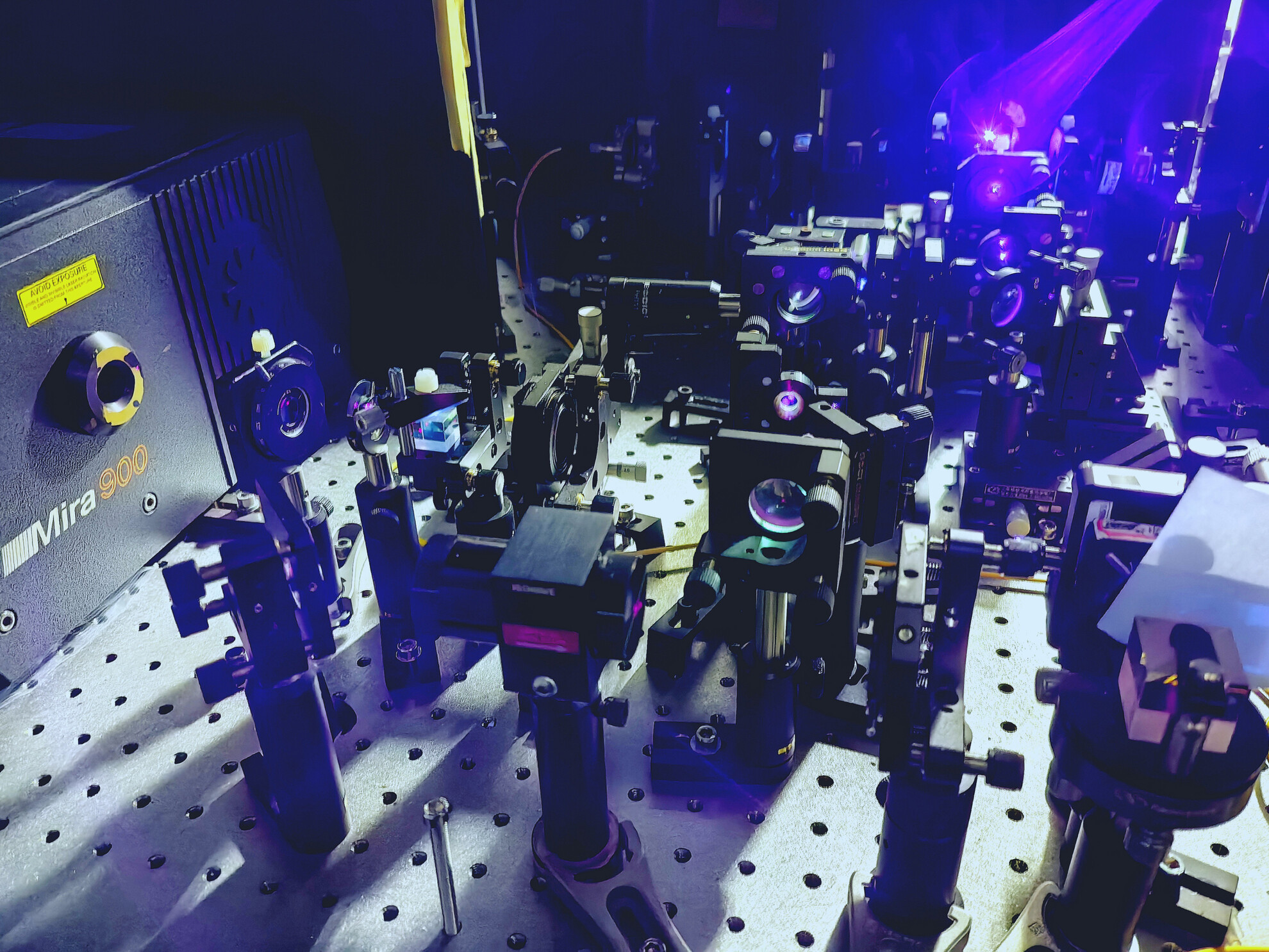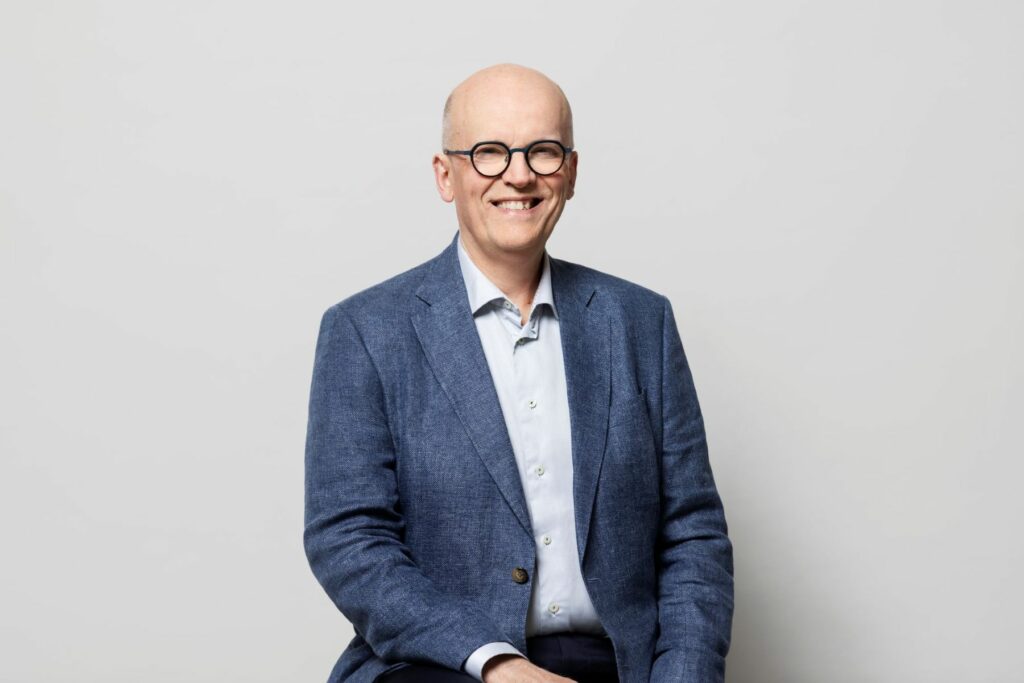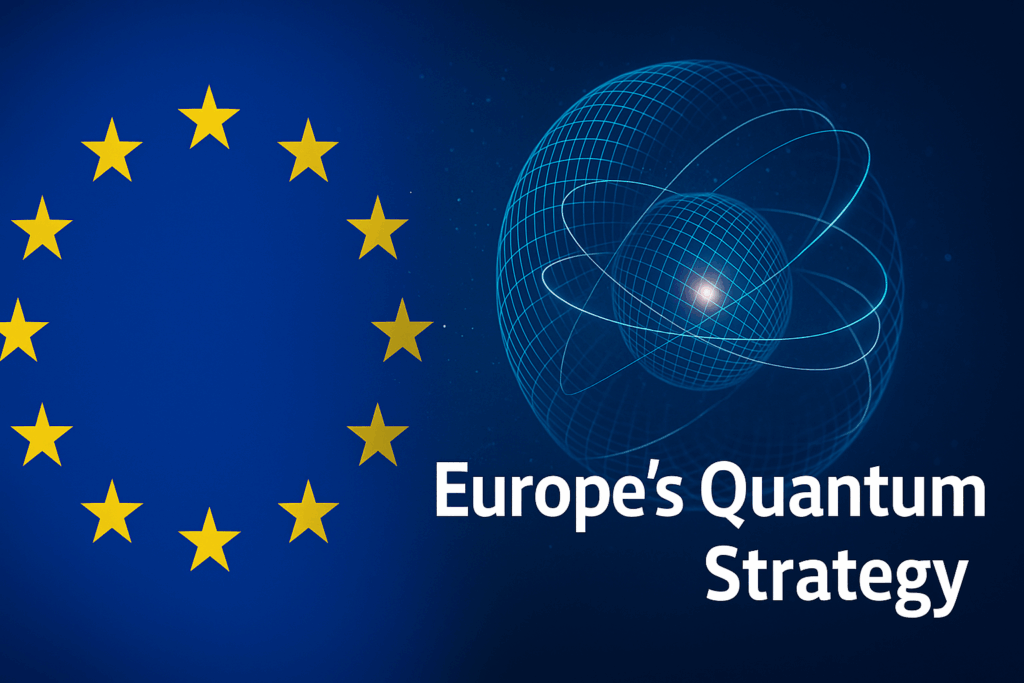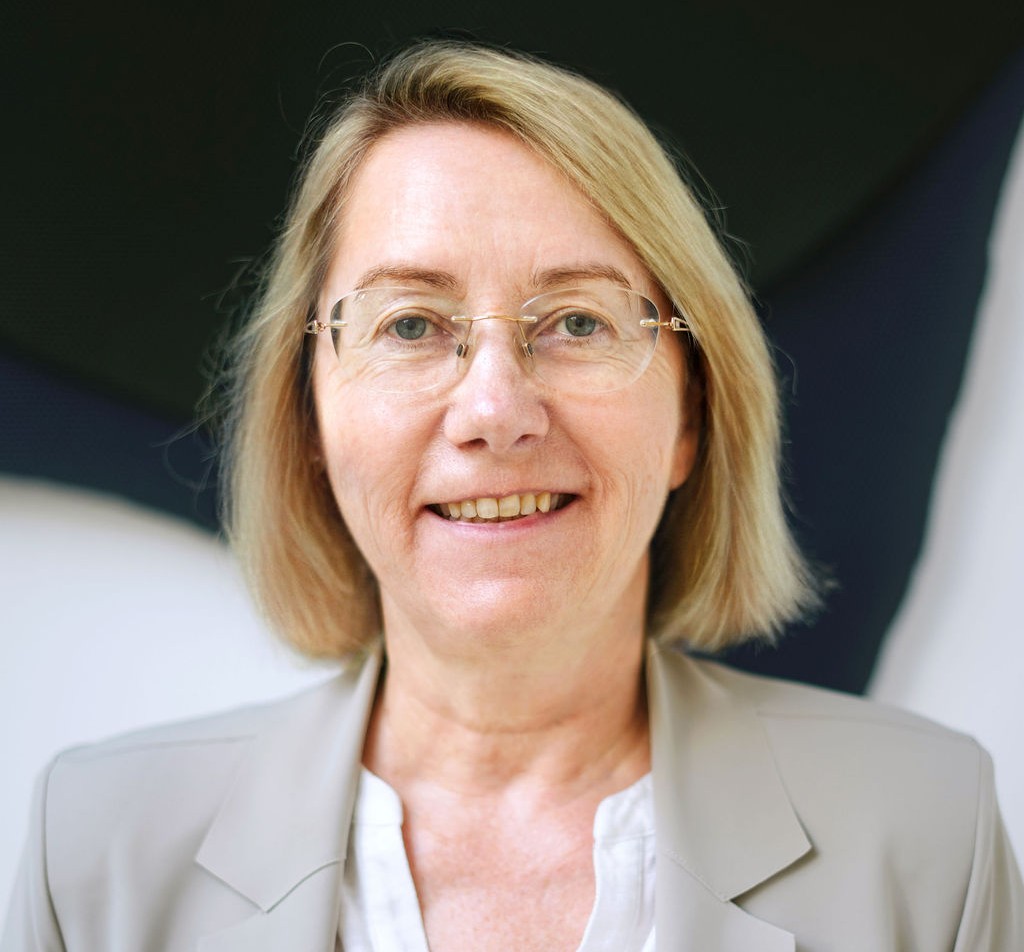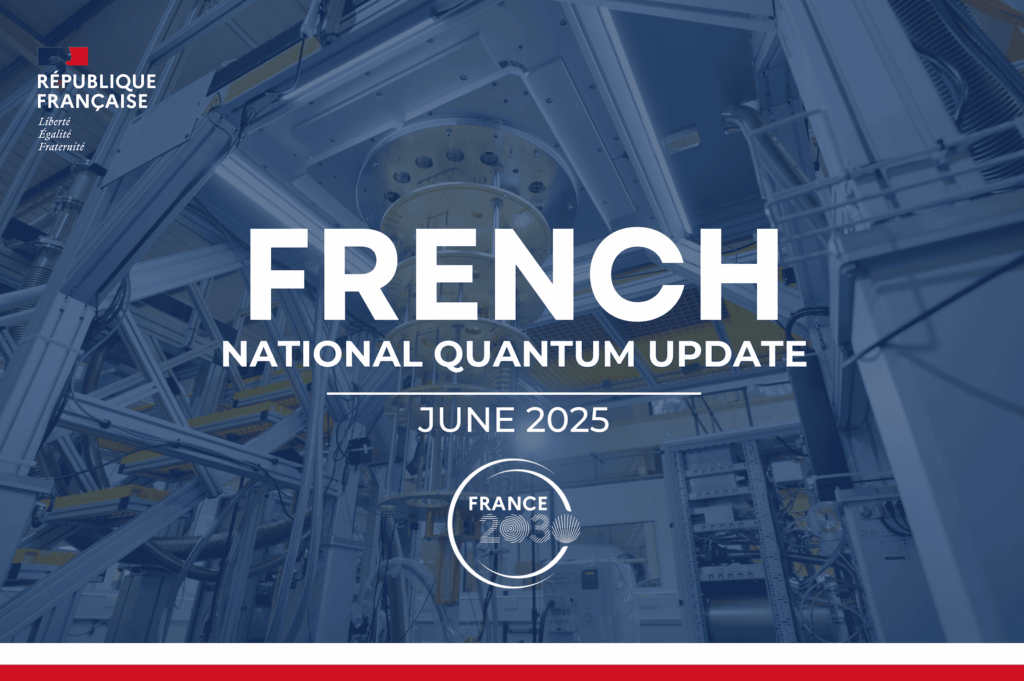Insider Brief
- Scientists have made a significant advancement with quantum technologies that could transform complex systems modeling
- Complex systems play a vital role in our daily lives, whether that be predicting traffic patterns, weather forecasts, or understanding financial markets.
- Scientists propose that quantum technologies could provide a way to mitigate the trade-off between memory cost and predictive accuracy.
- Image: University of Manchester
PRESS RELEASE — Scientists have made a significant advancement with quantum technologies that could transform complex systems modeling with an accurate and effective approach that requires significantly reduced memory.
Complex systems play a vital role in our daily lives, whether that be predicting traffic patterns, weather forecasts, or understanding financial markets. However, accurately predicting these behaviours and making informed decisions relies on storing and tracking vast information from events in the distant past – a process which presents huge challenges.
Current models using artificial intelligence see their memory requirements increase by more than a hundredfold every two years and can often involve optimisation over billions – or even trillions – of parameters. Such immense amounts of information lead to a bottleneck where we must trade-off memory cost against predictive accuracy.

A collaborative team of researchers from The University of Manchester, the University of Science and Technology of China (USTC), the Centre for Quantum Technologies (CQT) at the National University of Singapore and Nanyang Technological University (NTU) propose that quantum technologies could provide a way to mitigate this trade-off.
The team have successfully implemented quantum models that can simulate a family of complex processes with only a single qubit of memory – the basic unit of quantum information – offering substantially reduced memory requirements.
Unlike classical models that rely on increasing memory capacity as more data from past events are added, these quantum models will only ever need one qubit of memory.
The development, published in the journal Nature Communications, represents a significant advancement in the application of quantum technologies in complex system modeling.
Dr Thomas Elliott, project leader and Dame Kathleen Ollerenshaw Fellow at The University of Manchester, said: “Many proposals for quantum advantage focus on using quantum computers to calculate things faster. We take a complementary approach and instead look at how quantum computers can help us reduce the size of the memory we require for our calculations.
“One of the benefits of this approach is that by using as few qubits as possible for the memory, we get closer to what is practical with near-future quantum technologies. Moreover, we can use any extra qubits we free up to help mitigate against errors in our quantum simulators.”
The project builds on an earlier theoretical proposal by Dr Elliott and the Singapore team. To test the feasibility of the approach, they joined forces with USTC, who used a photon-based quantum simulator to implement the proposed quantum models.
The team achieved higher accuracy than is possible with any classical simulator equipped with the same amount of memory. The approach can be adapted to simulate other complex processes with different behaviours.
Dr Wu Kang-Da, post-doctoral researcher at USTC and joint first author of the research, said: “Quantum photonics represents one of the least error-prone architectures that has been proposed for quantum computing, particularly at smaller scales. Moreover, because we are configuring our quantum simulator to model a particular process, we are able to finely-tune our optical components and achieve smaller errors than typical of current universal quantum computers.”
Dr Chengran Yang, Research Fellow at CQT and also joint first author of the research, added: “This is the first realisation of a quantum stochastic simulator where the propagation of information through the memory over time is conclusively demonstrated, together with proof of greater accuracy than possible with any classical simulator of the same memory size.”
Beyond the immediate results, the scientists say that the research presents opportunities for further investigation, such as exploring the benefits of reduced heat dissipation in quantum modelling compared to classical models. Their work could also find potential applications in financial modelling, signal analysis and quantum-enhanced neural networks.
Next steps include plans to explore these connections, and to scale their work to higher-dimensional quantum memories.
For more market insights, check out our latest quantum computing news here.

